|
Comments This is the 2nd part of the first of two lectures presented last week to the students and faculty of Navin Doman Seminary. i will be breaking it down into smaller parts, for some you may have seen some of this in a post before. but remember much of this is all basically new information to the listeners who were impacted by this story. ................. In 1876 there was an epidemic in Chaibasa, Alfred Nottrot was very sick, his wife died, other missionaries and their children died. Doris and Ferdinand had to go to Chaibasa to help them. Ferdinand Hahn would sit with Alfred Notrott and they would talk Theology. Throughout Ferdinand Hahn’s life he always had a mentor. When he was a child, it was his Pastor. When he was at the Gossner Mission School there was a teacher named Prochnow who was like a mentor to him. And now he had the opportunity to sit with Alfred Nottrott, and even though Alfred was very sick, coming in and out of delirium, they conversed very deeply. That was one year, and Nottrott got better, then Ferdinand Hahn got very sick and almost died. When they both recovered the Mission said that Chaibasa is not a good place, for those who are weak from sickness. The climate was too hot. So Nottrott and his family were sent to Burju, to continue to work with the Munda. Ferdinand and his family went to Lohardaga, to work among the Oraon. Lohardaga had been a station before the Mutiny 1857, and it had been closed until a year before the Hahns went there This picture shows how they traveled from one place to another. The woman and children would travel in a palki, the man would travel on a horse, and many people would help with carrying the baggage. Between Ranchi and Chaibasa there was a good road, so a bullock cart could be used, but between Ranchi and Lohardaga, there was no road. So they had a system, they would take the baggage from one village to the next village, and from that village new carriers would be hired to carry to the next village. This was the cultural practice among the Adivasi. They were used to carrying big loads. This was a custom among many indigenous peoples across northern India. Unfortunately the British turned this self supporting system into an obligation for their benefit. If a Britisher was traveling, villager had to drop everything and do whatever they were ordered. They said this is your custom anyway, so now you have to do it! They did not realise that this was a way for communities to support each otjer and was never an obligation. So Ferdinand had to figure out how to navigate this new system, and become part of the society and not be considered to be acting like the British. So he joined in to the way of give and take. If one did something for someone, then the other would be willing to do something in return. He liked this sharing economy, and even though Europeans criticized it for being primitive, he recognised the value not only for Adivasi culture but for the church. He wanted to encourage the people in the Church also to share like this. Even though the Germans could not help but keep track of balanced accounts. That part of their culture they never abandoned.
2 Comments
sadanand xaxa
12/25/2019 10:53:12 am
nice to know. want more on this subject
Reply
Leave a Reply. |
2016 -2020These musings include the journey of my writing on the history of my great great grandparents and the travels for research to India, Germany and other places of interest. Archives
June 2020
Categories |
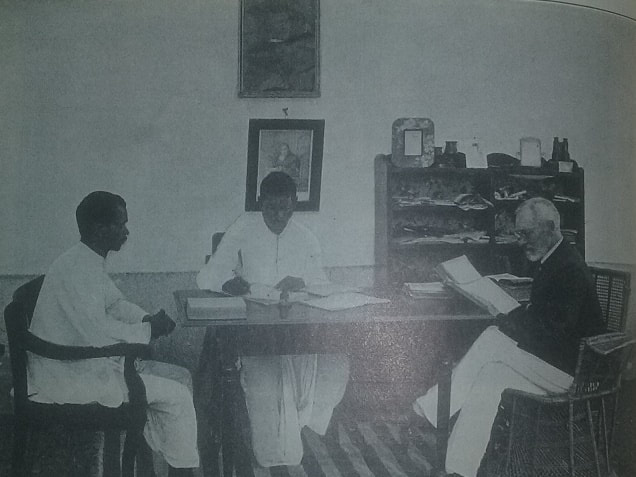
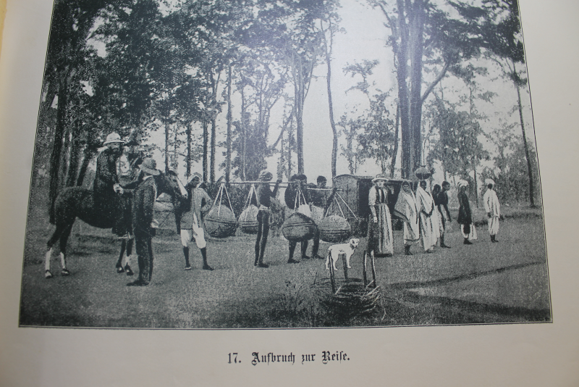
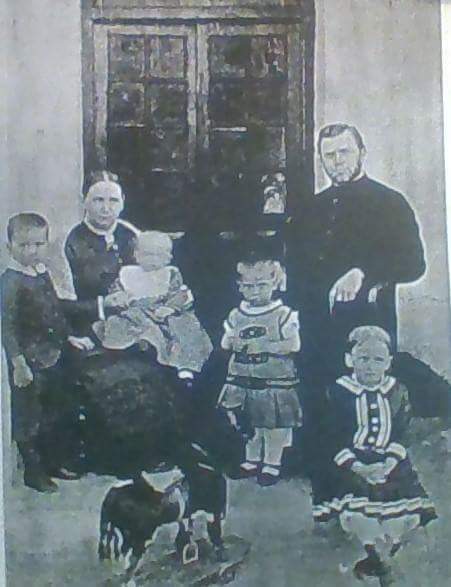
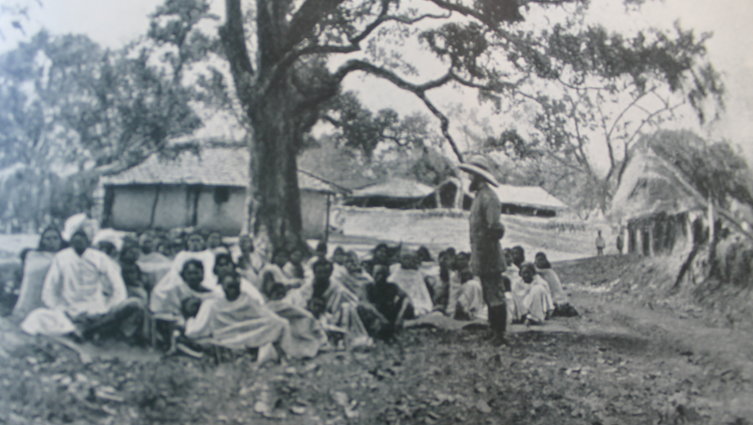
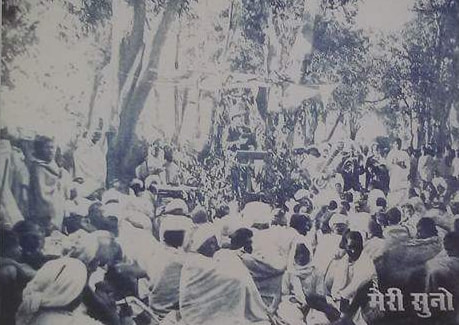
 RSS Feed
RSS Feed